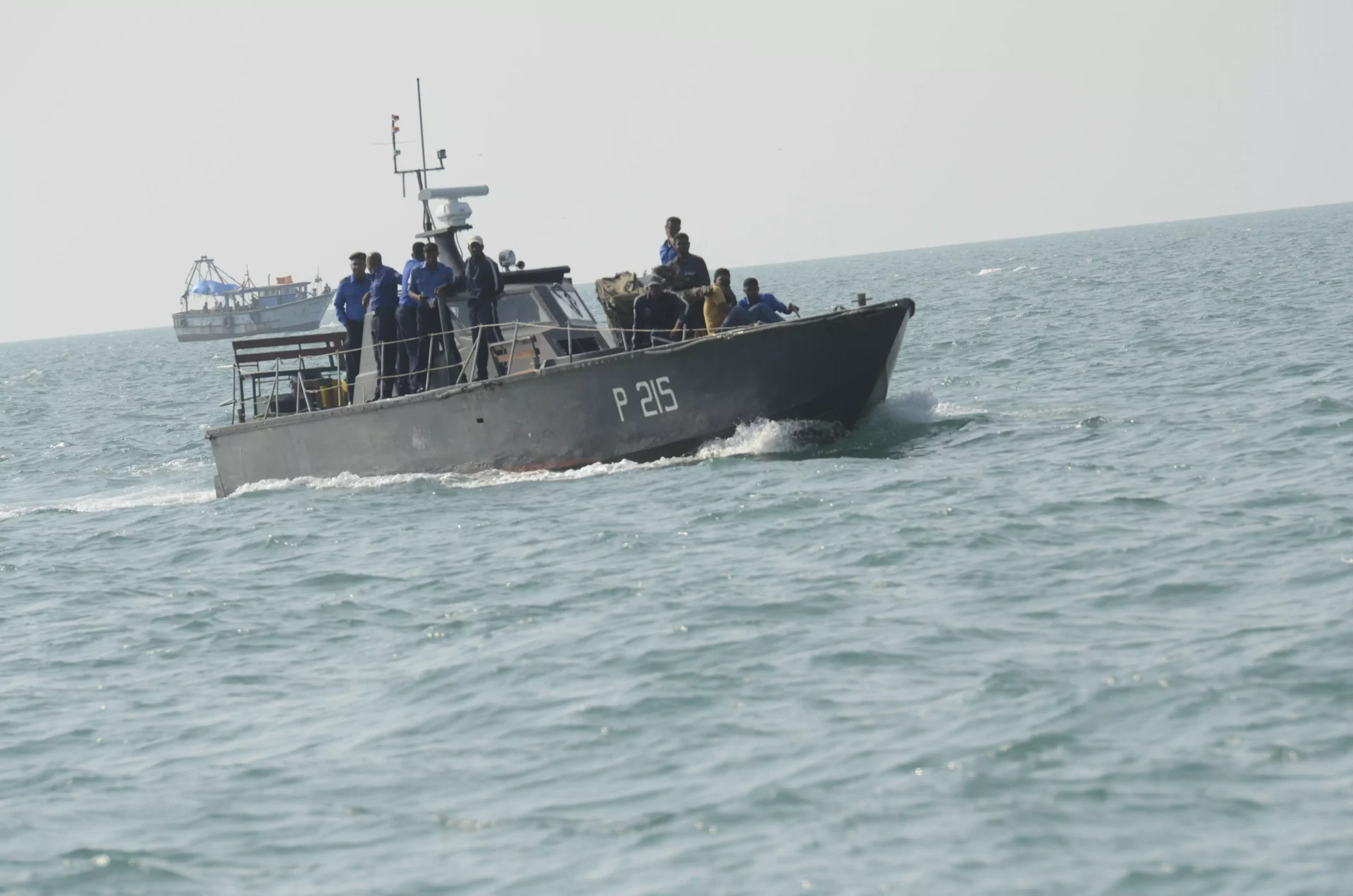From the time the Viceroy of India, Lord Louis Mountbatten, was beseeched by Prime Minister Jawaharlal Nehru and his Council of Ministers to continue in office almost immediately after Independence was finally secured from the British Empire on 15 August 1947, surrendering the Indian interest remained as part of policymaking in the Lutyens Zone. Whether it be agreeing to a ceasefire in Kashmir in 1948 before the Indian armed forces could liberate the entirety of the state from marauders sent by M.A. Jinnah, or looking the other way as the PLA in plain sight occupied Aksai Chin in the 1950s, or signing an entirely one-sided Indus Water Treaty with Pakistan, or rejecting the offer by the Khan of Kalat for Balochistan to secede to India rather than to Pakistan, or the offer by the Rana rulers of Nepal to merge their ancient land with India, again in the 1950s, to handing back 93,000 unpunished for genocide prisoners of war captured by Indian forces in Bangladesh in the 1970s, securing in return only a satisfied grin from Z.A. Bhutto, the litany of unilateral concessions for zero gain made by those who were in charge of the Government of India is troubling to peruse. Someday, the history taught in schools will contain a truthful depiction of the way in which the people of India were on multiple occasions betrayed by those in power who had been trusted to defend their interests. The original sin was of course to agree to Partition rather than hold out for a united India. The partition of India has been an unmitigated disaster, not least for those who formed part of the newly carved out state of Pakistan.
Any time any such disastrous decisions get pointed out to the people, such transparency needs to be welcomed and not condemned. India is a country where files relating to events long past remain secret from public view, on the colonial era assumption that the people of India lack the maturity, indeed the intelligence, to understand the truth. They do not, and need to be trusted with the truth not just for their own betterment, but to ensure that governments in future act more carefully where the interests of India are concerned. In such a context, it is welcome that there has been a public re-examination of the disastrous decision in 1974 to cede the strategically located island of Katchatheevu to Sri Lanka in 1974. The island was part of the jagir of the Raja of Ramnad, and had been since the 1800s, and hence was indisputably Indian territory. Given the scale of elite capture in Colombo, the possibility of an island located so close to the shoreline of India becoming a CCP base in the way Colombo docks and Hambantota have become, the magnitude of the blunder committed by the then ruling party at the Centre and a compliant regional party that has always claimed to represent Tamil interests has come into sharp relief. That there was a “dispute” and hence the government of the day had the authority to hand over part of Indian territory to another country is against the laws of the land. Given that the Raja of Ramnad chose India over Pakistan, all the territory he had controlled as a result of his fiefdom passed on to India. Given the precedent set by successive governments in Sri Lanka in caving in to CCP demands, mandates the return of control of Katchatheevu to India. A way of doing so would be to sidestep the issue of sovereignty and secure a 99-year lease on the island on the Hambantota model. That act of surrender to the PRC by the government of Sri Lanka has put the island nation at risk of getting sucked into the PRC Zone of Influence, thereby generating the need for countries committed to the security of the Indo-Pacific to review their stance towards Colombo. By agreeing to give India a 99-year lease over Katchatheevu, it would be clear that are still shreds of independence left in governing circles in Colombo. That they have not as yet become another Pakistan ruled

